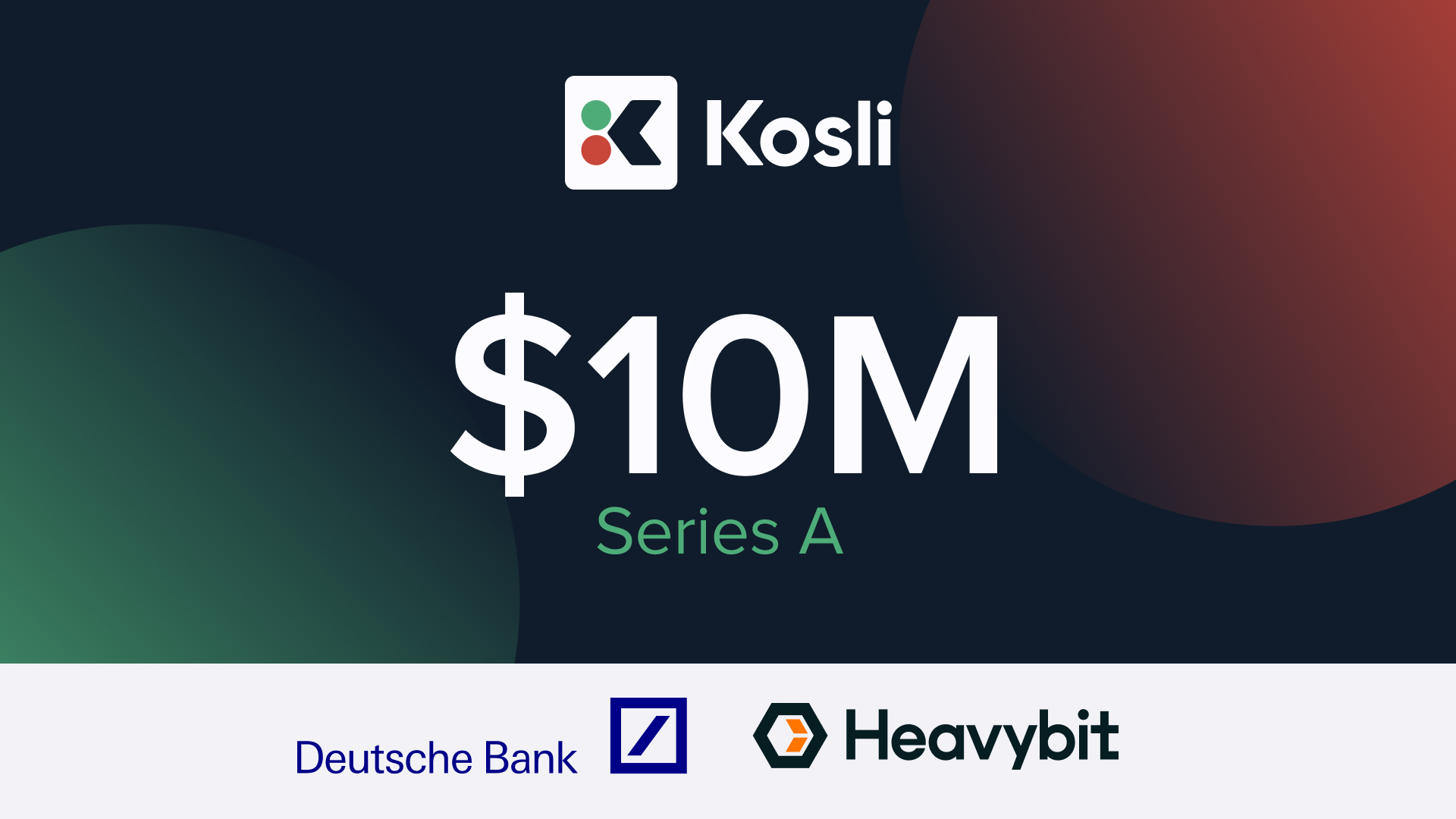Key Takeaways:
I. Stablecoins offer a faster, cheaper, and more stable alternative to traditional cross-border payment methods.
II. Juicyway's strategic focus on organic growth, acquisitions, and partnerships has enabled it to rapidly scale its operations.
III. Navigating the evolving regulatory landscape is crucial for the sustainable growth of stablecoin-based solutions in Africa.
Juicyway, an African fintech startup, has emerged from stealth mode after processing over $1 billion in cross-border transactions using stablecoins. This milestone, achieved in just three years and with minimal marketing, highlights the transformative potential of stablecoin technology in addressing the challenges of traditional cross-border payments. This article delves into Juicyway's innovative approach, exploring the technical underpinnings, strategic partnerships, and regulatory considerations that have fueled its success. We'll also examine the broader implications for financial inclusion and economic growth in Africa.
The Stablecoin Solution: Addressing the Challenges of Cross-Border Payments
Traditional cross-border payment systems, like SWIFT, are often plagued by high fees, lengthy processing times, and exposure to currency fluctuations. These inefficiencies hinder trade and economic growth, particularly for small and medium-sized enterprises (SMEs) in Africa. Stablecoins, pegged to reserve assets like the US dollar, offer a solution by providing price stability and reducing transaction costs.
Note: 2030 GMV is a midpoint projection based on an estimated range of USD 80-150 billion.
Juicyway's $1.3 billion in total payment volume (TPV), generated from over 25,000 transactions, demonstrates the real-world impact of stablecoins. This volume, achieved with limited marketing, suggests strong organic growth and validates the market demand for efficient cross-border payment solutions. The projected growth of the African cross-border payment market to $53 billion by 2028 further underscores the opportunity.
Juicyway's platform likely leverages blockchain technology for transparency and security, smart contracts for automated processing, and secure APIs for seamless integration with existing financial systems. This technical infrastructure enables faster transaction speeds, typically within minutes or hours, compared to the days often required by traditional methods.
The use of stablecoins significantly reduces the risk of losses due to currency fluctuations, a critical concern in African markets characterized by volatile exchange rates and high inflation. This stability fosters trust and facilitates greater participation in international trade.
Juicyway's Growth Strategy: Leveraging Network Effects and Partnerships
Juicyway's growth has been driven by a combination of organic expansion, strategic acquisitions, and key partnerships. Acquiring a similar business with an existing customer base provided a significant boost, while partnerships with companies like Bolt, IHS, Piggyvest, and Bamboo further expanded its reach.
Operating Naira Rates, Nigeria's largest price discovery engine for the naira, with nearly 500,000 Twitter followers, provides Juicyway with valuable market data and a strong network effect. This acquisition demonstrates their understanding of the importance of local market knowledge and community engagement.
Partnerships with financial institutions like Access Bank in Nigeria, stablecoin infrastructure provider Bridge, and Lead Bank in the US demonstrate Juicyway's commitment to regulatory compliance and risk management. These collaborations are crucial for building trust and ensuring sustainable growth.
Note: 2030 GMV is a midpoint projection based on an estimated range of USD 80-150 billion.
Juicyway's prioritization of product development and regulatory compliance, over purely financial metrics, positions them for long-term success in a market where trust and stability are paramount. This approach aligns with the principles of building a sustainable and impactful business.
Navigating the Regulatory Landscape for Stablecoins in Africa
The regulatory environment for cryptocurrencies and stablecoins in Africa is still evolving, with varying approaches across different countries. Juicyway's acquisition of money transmitter licenses in the US, UK, Canada, and Nigeria demonstrates its proactive approach to compliance and its commitment to operating within established legal frameworks.
While regulatory clarity remains a challenge, initiatives like Nigeria's planned cNGN (regulated Naira stablecoin) and South Africa's exploration of crypto asset regulations create opportunities for innovation and growth. Juicyway's operations could influence and be influenced by these evolving regulations, potentially shaping the future of stablecoin adoption in Africa. The interplay between regulatory frameworks and market innovation will be a defining factor in the long-term success of stablecoin-based solutions.
The Future of African Fintech: Stablecoins, Innovation, and Inclusion
Juicyway's $1 billion milestone is not just a significant achievement for the company; it represents a pivotal moment for the African fintech ecosystem. Its success demonstrates the transformative potential of stablecoins to address long-standing challenges in cross-border payments, paving the way for greater financial inclusion and economic growth. As the regulatory landscape continues to evolve, collaboration between fintech companies, regulators, and policymakers will be crucial for fostering responsible innovation and unlocking the full potential of stablecoins to reshape the future of finance in Africa.
----------
Further Reads
I. Stablecoin Boom And Its Powerhouse: Africa
II. M-PESA Withdrawal & Transaction Charges in 2024
III. How stabelcoins can help improve cross-border payments | TechCabal









